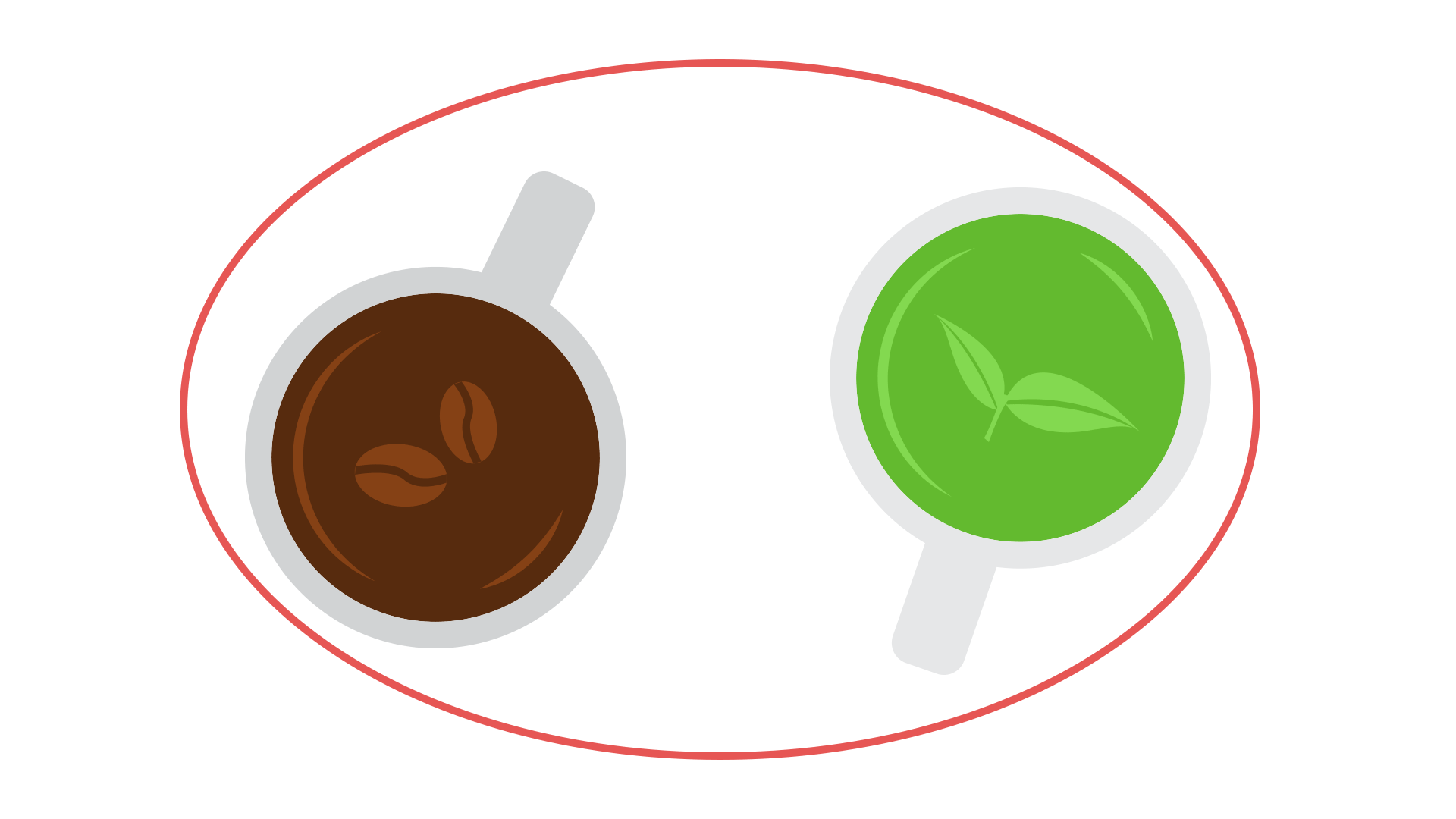Engoo
Republished on (Originally released on )
!["Both," "Either" and "Neither": What's the Difference? [Updated] "Both," "Either" and "Neither": What's the Difference? [Updated]](https://assets.blog.engoo.com/wp-content/uploads/sites/9/2022/09/12072706/both_either_neither_cover-1024x655.jpg)
Although "both," "either" and "neither" are words most English students know, they may not understand the small differences in usage that make each unique.
To help you better understand what these words mean and how they're used, this article will cover how they differ in meaning, grammar and levels of formality.
We use "both," "either" and "neither" when we talk about a set of two things.
We use "both" when there is a set of two things and we want to refer to all of them.
For example, imagine someone asks you if you want a cat or a dog. That is a set of two options. But if you want a cat and a dog, you can use "both."
Here are some more examples with "both."
We use "either" when there is a set of two things and we want to refer to only one of them. For example, if you want "either" a cat or a dog, you want a cat or you want a dog. Any option is fine, but only one of them.
Here are some more examples.
We use "neither" when there is a set of two things and we don't want to refer to either of those things. You can think of "neither" as "not either" or "not one or the other."
So if you do not want a cat and you do not want a dog, you can say that you want "neither."
Here are some pictures to help you understand how "neither" compares to "either."
Either

Neither

Here are some example sentences.
Sometimes, "either" can be replaced with "both." For example, if someone asks you, "Do you want tea or coffee?" and you don't mind which one they give you, you could reply with:
Although both responses mean the same thing, native English speakers have slightly different pictures in their mind when they say them.
"Both are fine."

"Either is fine."

For example, here are some additional sentence pairs that mean the same thing.
| Both | Either |
| There are good restaurants on both sides of the street. | There are good restaurants on either side of the street. |
| "Hello" and "Hi" mean the same thing. You can use both of them in conversation. | "Hello" and "Hi" mean the same thing. You can use either of them in conversation. |
However, "either" and "both" are not interchangeable when "either" refers specifically to only one of two things. For example, imagine there are two people, Raj and Ann. Only Ann speaks Japanese. If you asked them:
"Both," "neither" and "either" are all used with different conjunctions (words that connect sentences and phrases).
In particular, pay attention to "neither/nor." While you will hear native English speakers use "neither/or" in informal situations, remember that in formal writing, it's better to use "neither" with "nor."
If you want to say "both/not," use "neither" instead.
If you want to say "not/both," say "not/either" instead.
The noun that follows "both" is always plural. However, the noun that comes after "either" and "neither" is singular.
For example, below are some possible responses to "Are you free to meet Monday or Tuesday?" Notice that the noun "day" is plural after "both" but singular after "either" and "neither."
| Both | Either and Neither |
| Both days work for me. | Either day works for me. Neither day works for me. |
However, remember that when you use "either of" or "neither of," the noun is plural. Why? Because in those cases, you're referring to the set of things instead of just one part of the set.
Unlike "both/and" and "either/or," "neither/nor" sounds formal. This is why you will rarely hear native English speakers say it in a conversation.
Here are some other ways to say "neither/nor" sentences so they sound more relaxed and informal.
| Formal | Informal |
| His shirt was neither black nor white. | His shirt wasn't black or white. |
| I want neither a cat nor a dog. | I don't want either a cat or a dog. |
| Neither Jake nor Jess speak Spanish. | Jake doesn't speak Spanish and Jess doesn't either. |
| Jake doesn't speak Spanish and neither does Jess. |
Below are some sentences that can use "both," "either" or "neither." Try to fill in the blanks with the right word. To help you out, here's a chart with a summary of the differences.
| Both | 2 of 2 | I want both a cat and a dog. |
| Either | 1 of 2 | I want either a cat or a dog. |
| Neither | 0 of 2 | I want neither a cat nor a dog. |
For more practice, try our grammar lessons on these words, then book a lesson with an Engoo tutor and try using them in a real conversation!
